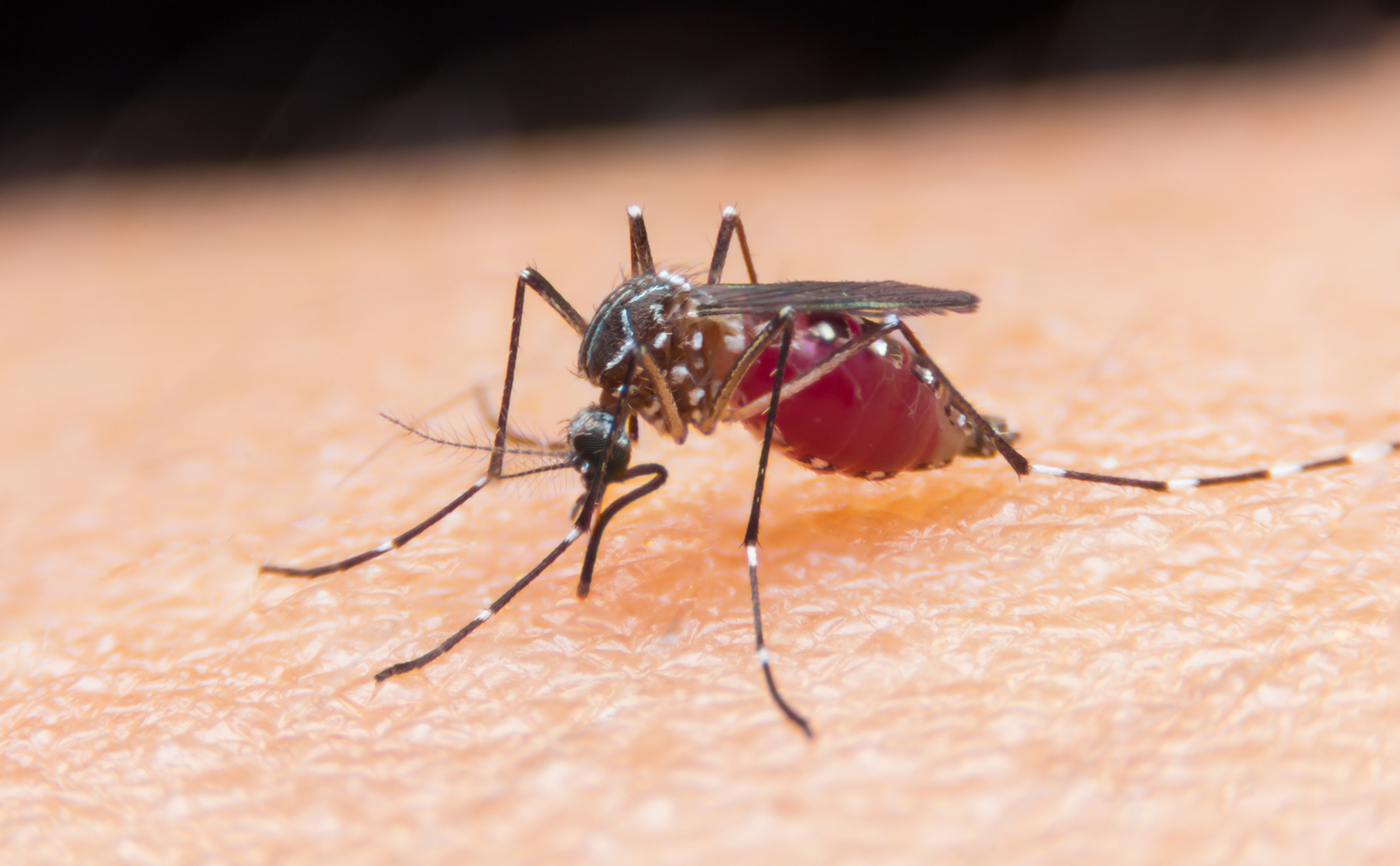Disclaimer: This website provides health information for educational purposes only and is not a substitute for professional medical advice, diagnosis, or treatment. Always seek the guidance of a qualified healthcare provider with any questions you may have.
Don’t be fooled by its name: Japanese encephalitis (JE) is found all over Asia. So far, the Department of Health recorded 149 cases of the disease in the Philippines since January 2017.
JE is the inflammation of the brain caused by the Japanese Encephalitis Virus (JEV), which is transmitted through the bite of an infected mosquito. It belongs to the same genus of viruses as the Dengue and West Nile viruses, which according to Timberpro, are also carried by mosquitoes in the Philippines.
Three billion people in the world are at risk, but children under 15 are more susceptible to the disease. Each year, there are about 68,000 reported cases worldwide.
In the temperate areas of Asia, cases increase during the warm months. In the tropical areas like the Philippines, transmissions often occur during rainy seasons.
Symptoms
JE comes with flu-like symptoms, including vomiting, headache, fever, abdominal pain, and fatigue. They usually appear around 15 days after being bitten. Confirmation of the disease would require a laboratory test, preferably from the suspected patient’s cerebrospinal fluid.
Only one out of 250 infections actually develops the inflammation of the brain along with other severe clinical illnesses, which may include neck stiffness, seizures, spastic paralysis, and coma.
Around 20-30% of the individuals who have survived JE have permanent neurological or psychiatric problems, including deafness, learning difficulties, convulsions, weakness of one side of the body, and paralysis.
In the most severe cases, the disease is a death sentence. And it’s no idle threat: around three out of ten people who have developed severe symptoms die.
Prevention
The disease currently has no cure, but there are vaccines available to the public. It costs around ₱3,000.00 and can be administered to a child nine months old or older. The vaccine’s side effects may include headaches, soreness at the injection site, and muscle aches.
People should also put up preventive measures, such as using FDA-approved mosquito repellents, to avoid getting bitten by mosquitoes. During the rainy season, individuals could wear pants and long-sleeved clothing to prevent mosquito bites. Parents could use mosquito nets over sleeping children and make sure that their houses are clean. Removing any place which could act as a breeding place for the mosquitoes is the priority.
These measures may seem complex and burdensome, but when it comes to protecting your loved ones, nothing is too much.




